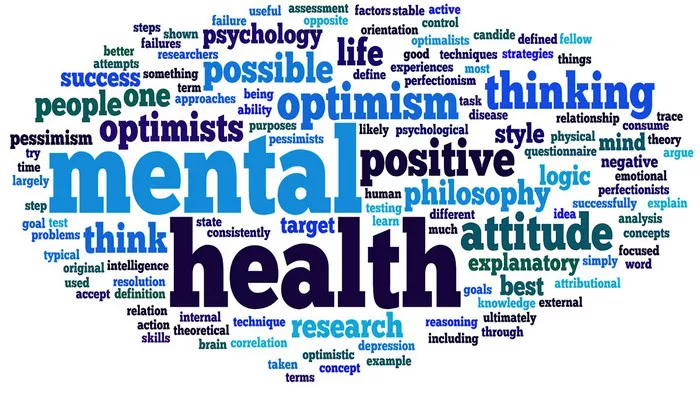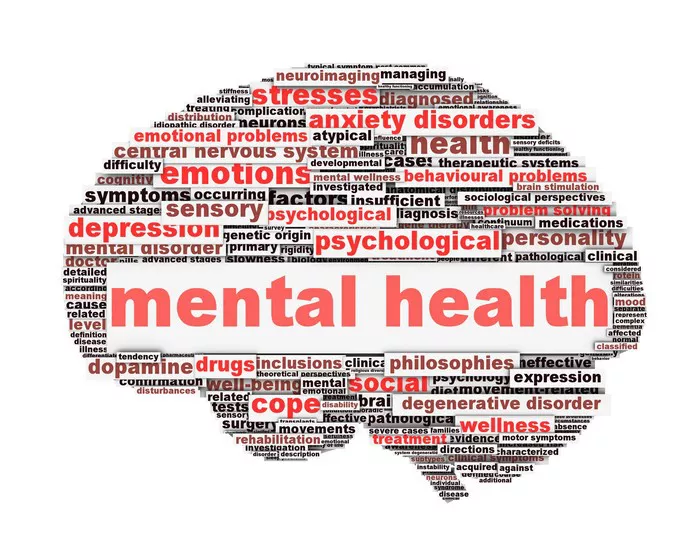A recent study sheds light on the crucial connection between sleep, circadian rhythms, and psychiatric disorders, suggesting that disruptions in sleep and internal body clocks can instigate or worsen mental health issues. The research highlights the prevalence of sleep-circadian disturbances across various psychiatric disorders, emphasizing the necessity for comprehensive treatments addressing these factors.
The study underscores the potential of innovative therapeutic approaches, including light therapy and cognitive behavioral therapy for insomnia (CBT-I), to enhance mental health outcomes. Conducted by an international team, this research marks a significant advancement in comprehending and treating psychiatric conditions by focusing on sleep and circadian science.
Key Findings of the Study:
1. Prevalence of Sleep-Circadian Disturbances: Sleep and circadian rhythm disturbances are widespread across psychiatric disorders, impacting conditions such as insomnia, bipolar disorder, and early psychosis.
2. Potential Mechanisms: The study explores mechanisms like genetic predispositions, exposure to light, and changes in neuroplasticity contributing to the association between sleep-circadian disturbances and psychiatric disorders.
3. Therapeutic Approaches: Highlighting the effectiveness of treatments like light therapy and CBT-I, the study suggests that targeting sleep and circadian factors could lead to innovative treatments for psychiatric conditions.
Insights from the University of Southampton:
Dr. Sarah L. Chellappa from the University of Southampton, the senior author of the review, emphasizes, “Sleep-circadian disturbances are the rule, rather than the exception, across every category of psychiatric disorders.” Understanding the interaction of these factors is crucial for developing interventions benefiting both sleep and mental health symptoms.
Adolescents and Young Adults Focus:
The international research team concentrated on recent evidence concerning sleep and circadian factors, specifically in adolescents and young adults with psychiatric disorders. This critical period presents a higher risk of mental health disorders and potential disruptions to sleep and circadian rhythms.
Role of Genetics and External Factors:
The study delves into the role of genetics, exposure to light, and neuroplasticity as potential factors behind sleep-circadian disturbances in psychiatric disorders. Genetic predisposition towards reduced activity level changes and the influence of outdoor exposure on mood disorders are among the aspects explored.
Conclusion:
The study signifies a breakthrough in understanding the intricate relationship between sleep, circadian rhythms, and mental health. By identifying these links, the research opens avenues for developing targeted interventions that address both sleep and psychiatric conditions comprehensively.
































